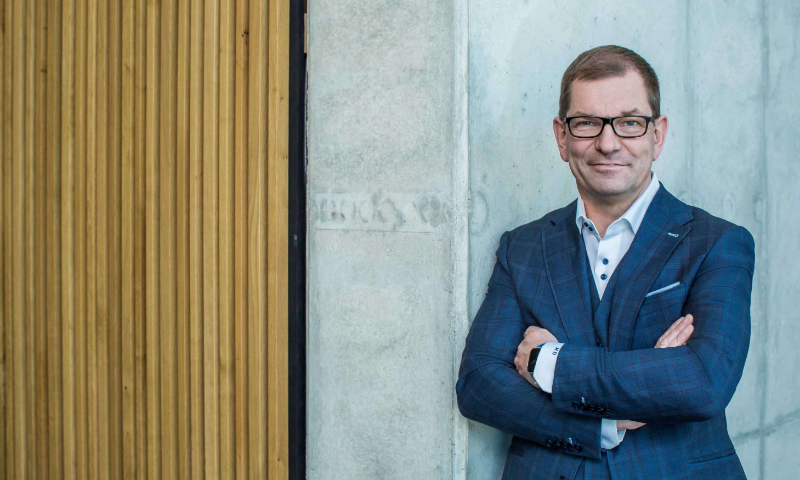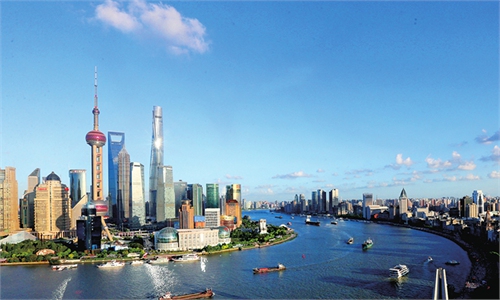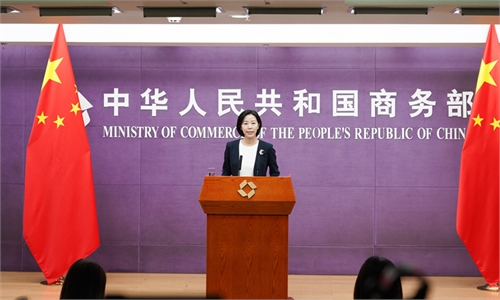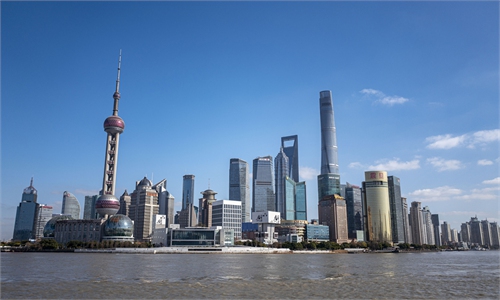
Photo: Courtesy of Audi China
Audi AG CEO Markus Duesmann, one of the first CEOs of a large global firm to have visited China since the optimization of epidemic control measures, said he was very confident in the strong growth potential of the Chinese market.
Duesmann visited Changchun, Northeast China's Jilin Province, where Audi has made substantial investments, he told the Global Times on Friday.
"My visit to China is to strengthen my ties with Chinese partners," he said. "You have to experience the market in person, and then you will know its uniqueness."
The company is represented in China through its subsidiary Audi China in Beijing, SAIC Volkswagen in Anting/Shanghai, and its joint venture FAW-Volkswagen, which is headquartered in Changchun.

Audi AG CEO Markus Duesmann Photo: Courtesy of Audi China
Audi has started construction of its first electric vehicle-only plant in Changchun, Northeast China's Jilin Province as part of the expansion of its local e-product portfolio and is building a new production plant for all-electric Audi models.
With an investment of 2.6 billion euros ($2.77 billion), the plant is set to be completed in 2024. It is designed to produce more than 150,000 vehicles a year based on the PPE platform that Audi has developed with Porsche.
"The Audi FAW NEV Company shows Audi's commitment to China. Only with determination and speed can we create miracles," Duesmann added.
The company will continue to join hands with local partners to lay the foundation for its further development, Duesmann said.
"We welcome the positive signals sent at China's two sessions, and we can see that China's economic data is quite encouraging after China lifted the epidemic controls. I am very confident in the Chinese market, and Audi will see further growth in China," he noted.
The Government Work Report, delivered by Chinese Premier Li Keqiang on Sunday, said that China is set to accelerate efforts to attract and utilize more foreign investment.
"We should expand market access and continue to open up the modern services sector. We should ensure national treatment for foreign-funded companies," Li said.
"With a vast and open market, China is sure to provide even greater business opportunities for foreign companies in China," Li said.
Volkswagen's China chief Ralf Brandstaetter also visited China in February, touring an automotive plant in Xinjiang, which is operated by a subsidiary of its joint venture with state-backed SAIC Motor Corp, according to Bloomberg on February 28.
Xavier Unkovic, CEO of French dermatology beauty group NAOS, visited Shanghai in February, the Global Times learned. In the post-epidemic era, the importance of the Chinese market will be even greater, said Unkovic.
"Companies that are aiming for manufacturing upgrading will see more opportunities in China," Bai Ming, a research fellow at the Chinese Academy of International Trade and Economic Cooperation in Beijing, told the Global Times on Friday. "Those companies with factories in China will benefit the most," he added.
Overseas companies interviewed by the Global Times said that they are optimistic about China's huge market and will increase their bets in anticipation of a post-pandemic rebound.
China is approaching high-quality development and dual-carbon goals, and key industries need to speed up their transformation toward digitalization and decarbonization, in which areas Schneider Electric has built world-level expertise, gained cutting-edge technologies and accumulated rich experience, Yin Zheng, executive vice president of China & East Asia operations at Schneider Electric, told the Global Times.
Mao Ning, a Chinese Foreign Ministry spokesperson, told a regular press conference on March 1 that facts have proved that China is a hot spot for investment by foreign-funded enterprises.
According to China's Ministry of Commerce, the actual use of foreign capital in the Chinese mainland hit 127.69 billion yuan ($18.65 billion) in January, up 14.5 percent year-on-year.




